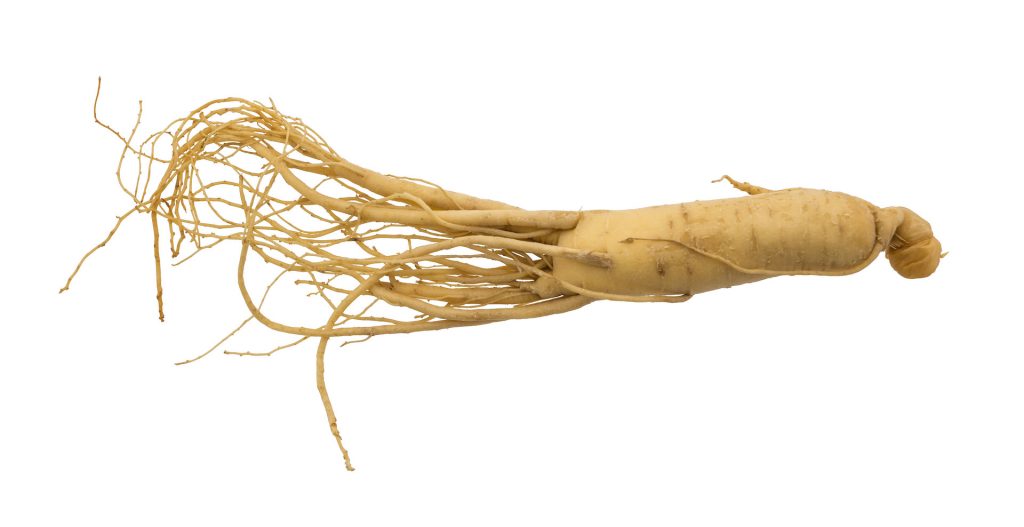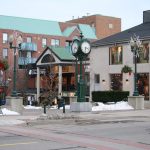All About Ginseng
Ginseng isn’t something I’ve ever seen or used in my entire life until i came across it as a component of a healthy DIY remedy.
It is a short, slow-growing plant with odd looking fleshy roots. Ginseng restores and enhances wellbeing. It is a valued root and a medicinal herb and it is one of the most popular herbal remedies today. When i didn’t know what ginseng was or why it was good for you, i researched some information.
PIC
It is widely claimed that ginsenosides (chemical components found in ginseng) are responsible for the medicinal effect of the herb.
The following is what i found upon further checking
Who Uses Ginseng?
Americans, Asians, Canadians and many other cultures grow and use ginseng in many ways. They use it for health and beauty remedies, also it is used in medicines, teas, and foods.
Where/How is it Grown?
Ginseng is a herb and a perennial plant that develops from a seed.
These seeds get planted in the fall. Each autumn, the stem and leaves fall off the plant. In the spring, one new shoot grows again.
This cycle goes on until the root gets harvested 3-5 years after its planting.
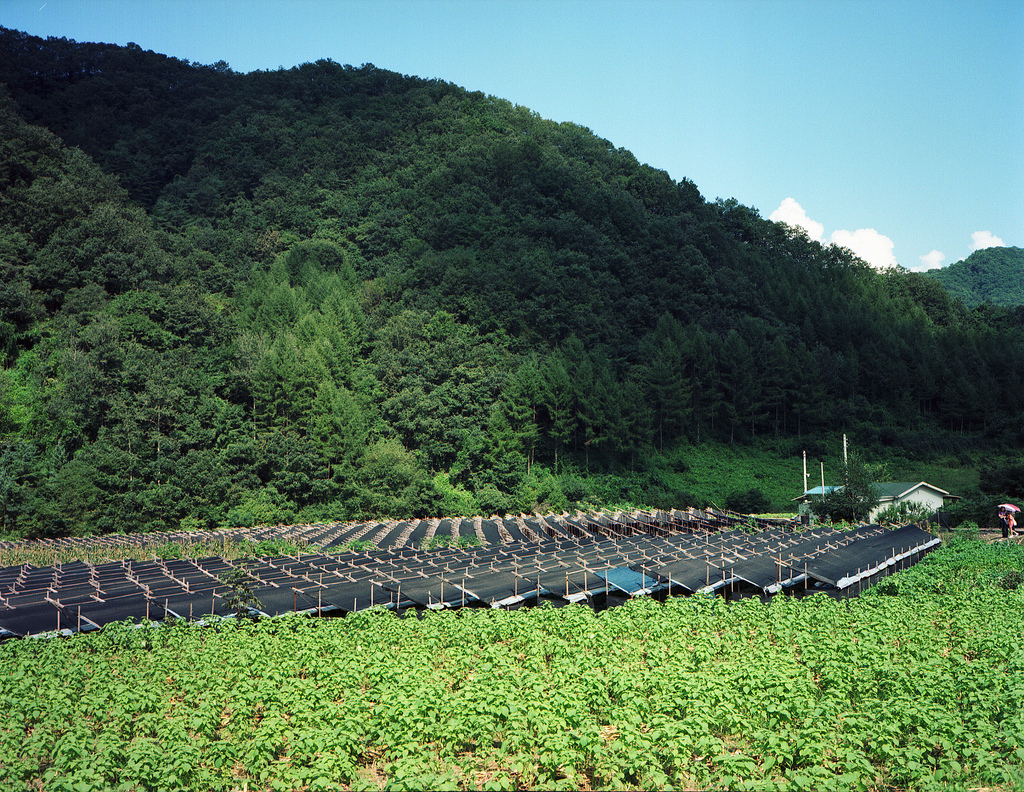
Wild Ginseng:
In the wild, ginseng prefers a moist but well-drained area.
Growing Conditions:
Ginseng should be grown in 70% to 80% shade. Ginseng is grown but rarely in deciduous forests and or in ginseng farms. This wondrous plant be classified three ways, depending on how long it is grown: fresh, white or red.
Fresh ginseng is harvested before 4 years, while white ginseng between 4–6 years, and red ginseng harvested after 6 years.
Where Can I Buy Ginseng?
Herbal stores are usually the most common place where you can buy ginseng.
You can find different types and forms of ginseng. This can include fresh roots, tea, capsules and pills or ginseng seeds.
The most convenient way to buy ginseng is through online distributors like this store where you can buy Canadian Ginseng Online…
Costs for ginseng have gone up dramatically in the past decade. It went form 50$ a pound to 300-600$. This could be a result of everyone buying it more often. Demand has increased due to its many health benefits and rarity to Americans and Canadians. Since the plant takes so long to grow, demand increases higher than the supply, so they need to up the price, it is pure economics at its core.
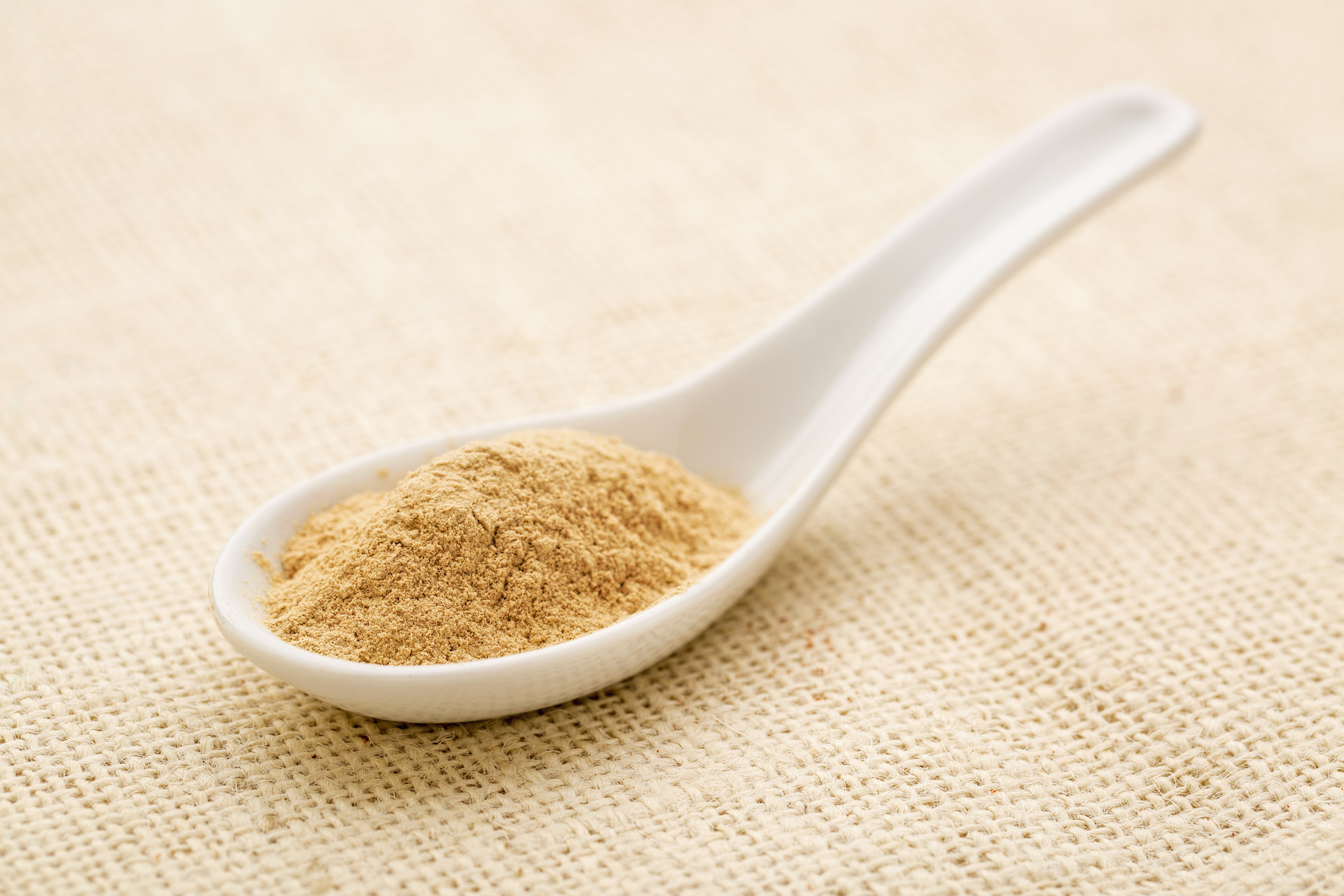
What is Ginseng Good For?
Mental Benefits:
Ginseng is good for many things. It can be good for psychical health and mental health.
Ginseng helps mental health by helping reduce inflammation and also helps protect against stress. Ginseng could help improve brain functions like memory, behaviour and mood.
Ginseng may help fight fatigue and enhance physical activity by lowering oxidative damage. This also includes increasing energy production in cells. These are all relevant issues to humans and is a part of our everyday life. If these symptoms are all corrected or improved by ginseng, what are you waiting for?
Physical health is improved by ginseng as well.
Physical benefits:
Ginseng is beneficial in its control of blood glucose levels.
This is effective in people both with and without diabetes. Ginseng, particularly red ginseng, may help increase insulin production. Red ginseng also enhances blood sugar in cells and provides antioxidants. Ginsenosides in ginseng seem to regulate inflammation.
They provide antioxidant protection and maintain the health of cells. This could help decrease the risk of certain kinds of cancer. Still, more research is needed.
A study suggested that people taking ginseng could be less likely to get certain types of cancer. Lip, mouth, esophagus, stomach, colon, liver and lung cancer, would be more preventable than for those who do not take it.
This is all just part of how it is proven to help boost immune system. Having a stronger immune system will help you prevent from contracting or giving sicknesses.
Side Effects of Using Ginseng:
Though there are tremendous benefits, we must always address the known, if seldom occurring side effects encountered when some people use this miracle root.
- Headaches (don’t forget massages help with this!)
- Sleep problems
- Digestive problems
- Changes to blood pressure and blood sugar
- Irritability
- Nervousness
- Blurred vision
- A severe skin reaction
- Diarrhea
- Bleeding
- Dizziness
- A dry mouth
- A decreased heart rate
- Convulsions and seizures
- Delirium
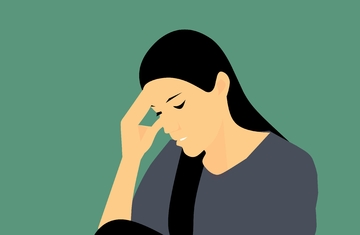
How to Use Ginseng?
You can use ginseng in a bunch of different ways.
You can take it in forms of pills, tea, soups, supplements, raw, or even steamed. Consuming ginseng is not only a trend, it also could be a big lifestyle choice!
A Final Warning
Doctors warn people to not mix ginseng with a class of antidepressants called MAOI’s. Taking these antidepressants at the same time as ginseng can cause terrible episodes and tremors. So use wisely!

